Study Economics in UK
Money is what makes the world go round. It is important in politics, society, law, geography, and almost every other aspect of life. Understanding how people, businesses, and countries manage their money is one of the most valuable skills any employer can have. Many students choose to study economics in the UK because of the country’s prestigious universities and excellent academic reputation.
However, economics is much more than just currency management. It’s an engrossing look at psychology, why people make the decisions they do, and how resources are distributed around the world. Economics is divided into two major branches:
The study of how individual parties (people, groups, and businesses) use their wealth is known as microeconomics.
Macroeconomics is concerned with entire economies. Cities, countries, and continents face unemployment, inflation, and monetary challenges.

Book your free 30 minutes consultation with our experts!
Bachelor of Economics
An undergraduate economics degree in the United Kingdom will provide international students with the tools they need to succeed in the economics field. Undergraduate economics courses typically last three years, though work placements and internships are common, so four-year programs are not uncommon. Students will learn key economic theory in an introductory course, with no prior economic experience generally required when applying to most programs.
Dual honors degrees are also available in many economic courses in the UK, allowing you to study subjects other than economics, such as business, geography, or math.
Masters in Economics
A master’s degree in economics will give students progressed monetary hypotheses and procedures. You will apply monetary hypothesis to this present reality on account of studies, and you will be acquainted with ideas and thoughts through strategy investigation, quantitative displaying, and information examination.
A postgraduate economics course at a UK college will give you the best stage to work in a space exceptionally compelling as you plan for your future vocation.
- What Economics Programs Are Available at UK Universities?
- BA Accounting and Economics
- BA Economics and Finance
- BA Politics, Philosophy, and Economics
- BA Economics with a foreign language
- MA Economics
- Applied Economics (Banking and Financial Markets)
- MSc Health Economics
- MSc Finance Economics
- Innovation, Enterprise, and Circular Economy Postgraduate Certificate.
- MSc Public Economics
- MSc Behavioural Economics and Finance
- MSc Management in a Digital Service Economy
- Graduate Economics Careers and Salary
Economics degrees teach valuable transferable skills such as presentation, research, and communication, as well as how to deal with constantly changing facts and figures. Accountants, economists, risk analysts, investment bankers, statisticians, actuaries, civil servants, quantity surveyors, and government officials are examples of specific job roles. Economics graduates can also find employment as consultants in banking and finance, national treasuries, central banks, and statistical bureaus. Manufacturing, transportation, communications, insurance, charitable institutions, investment, and retail positions are also available.
- The average starting salary for a professional is £30,000 per year.
- The average starting salary for a non-professional is £18,000 per year.

